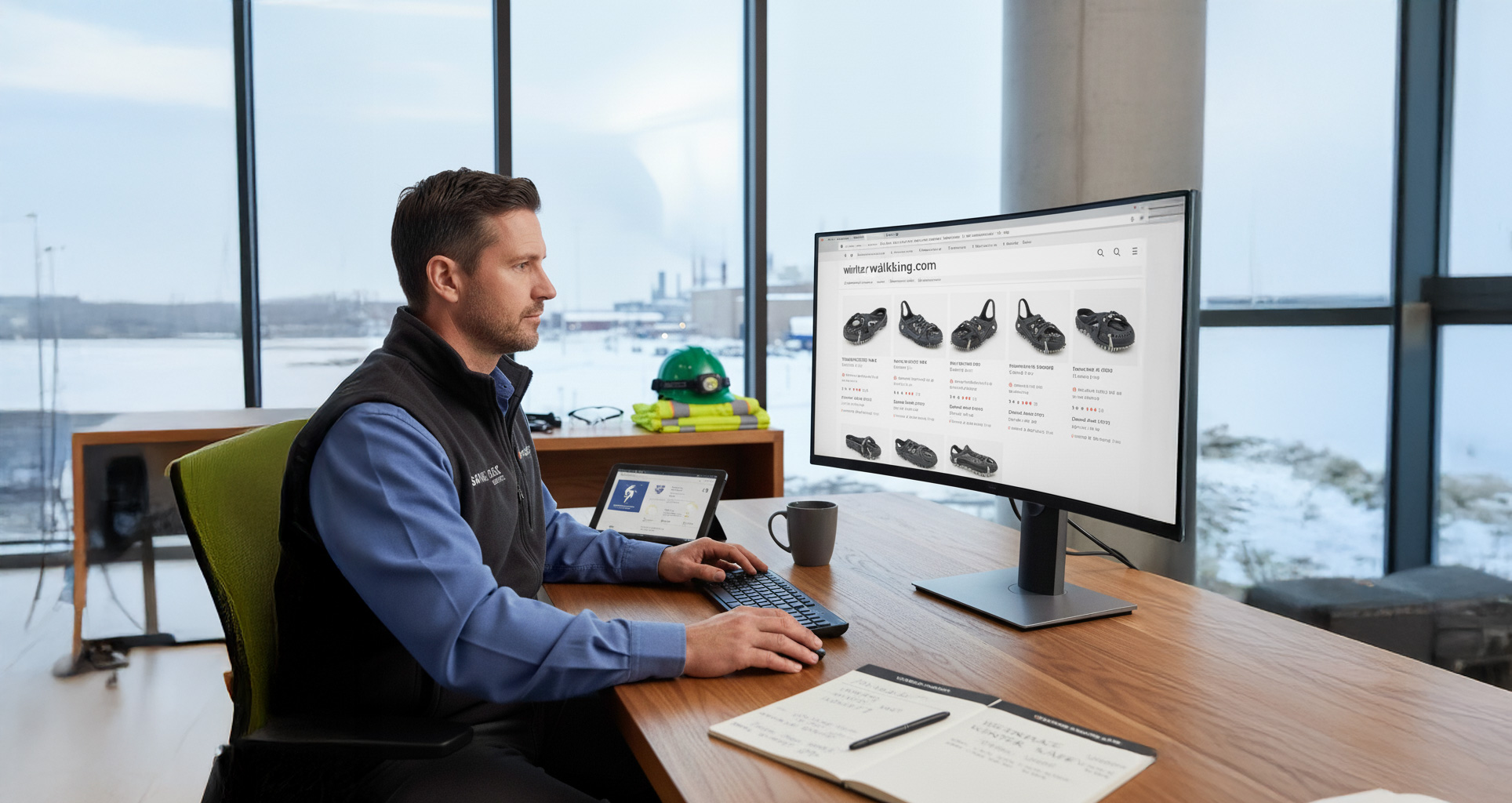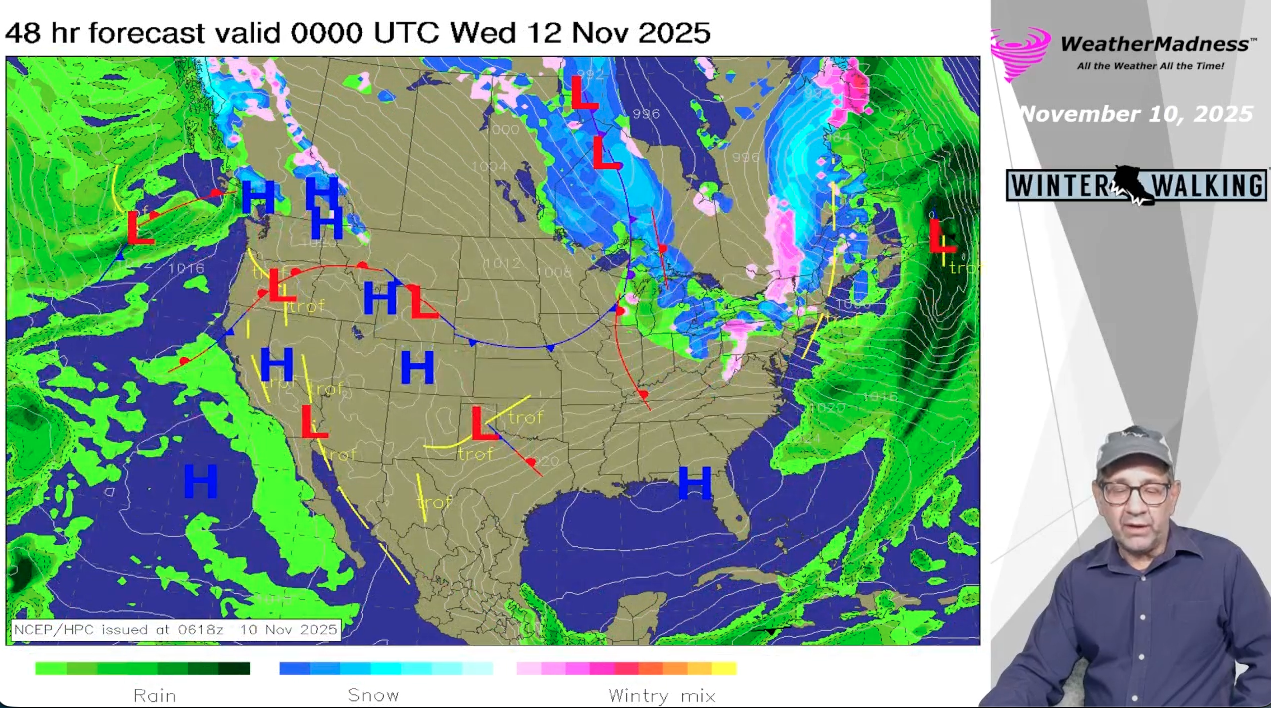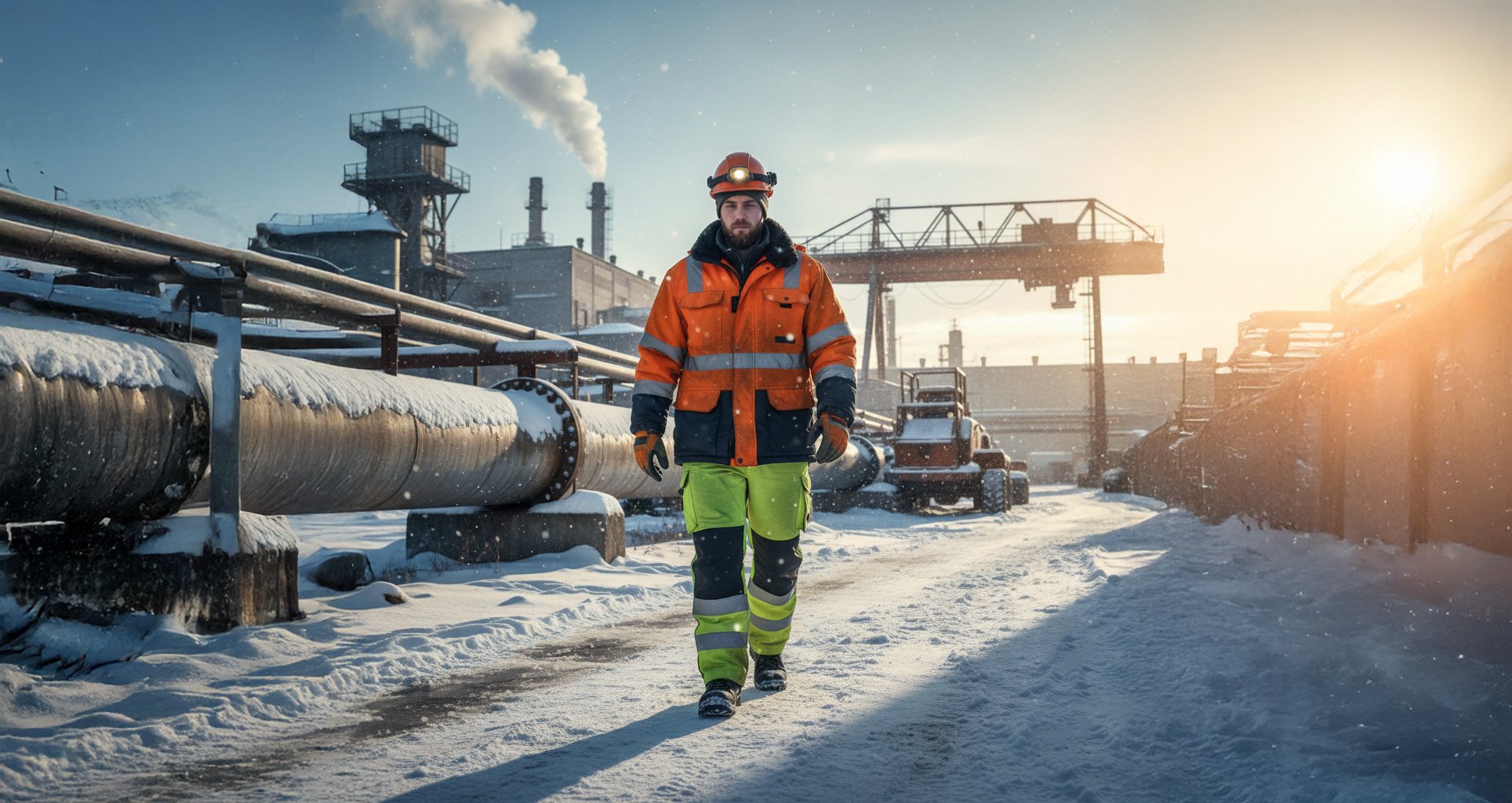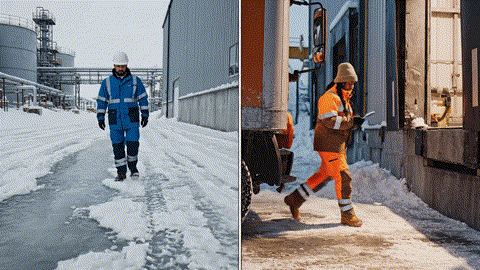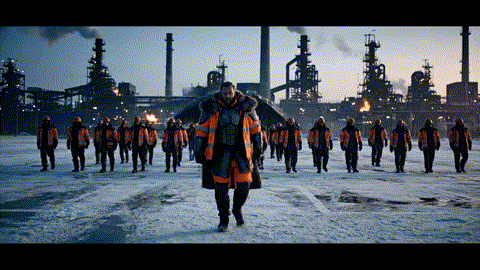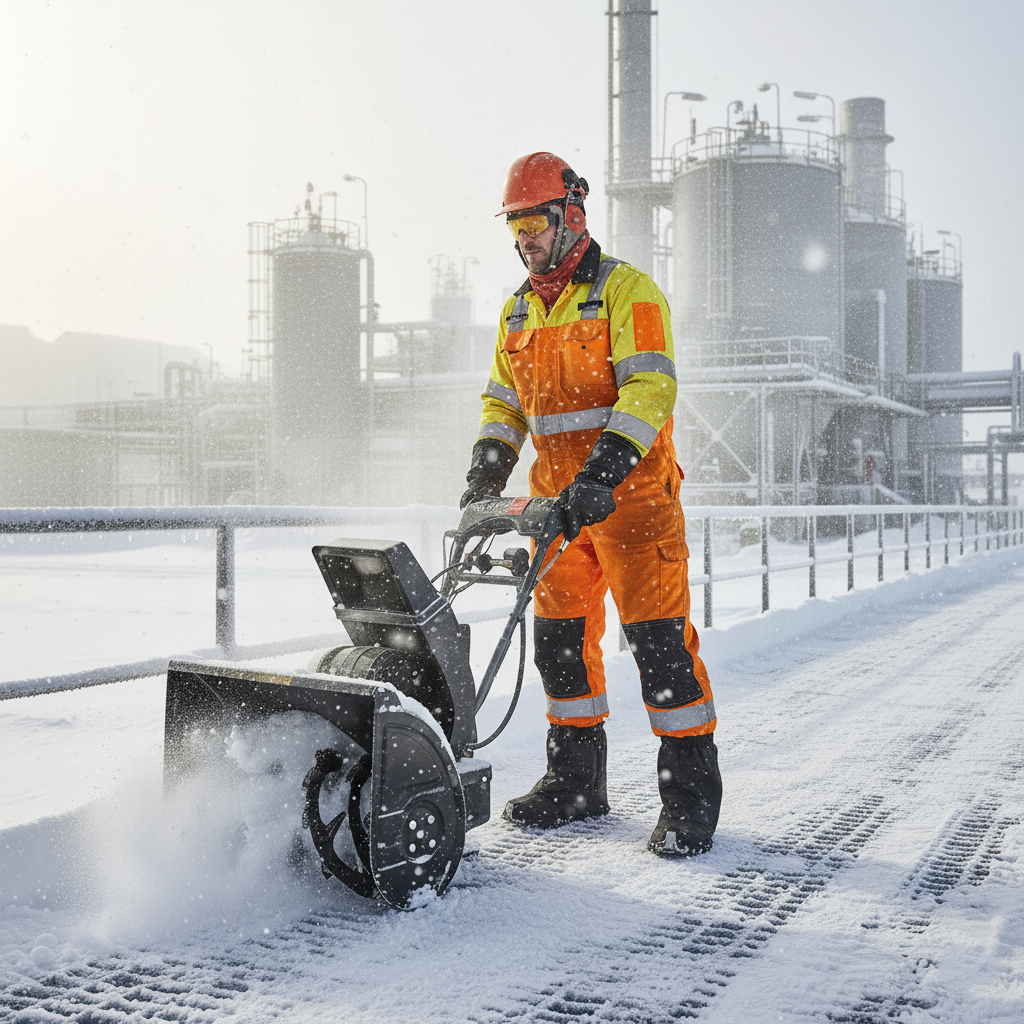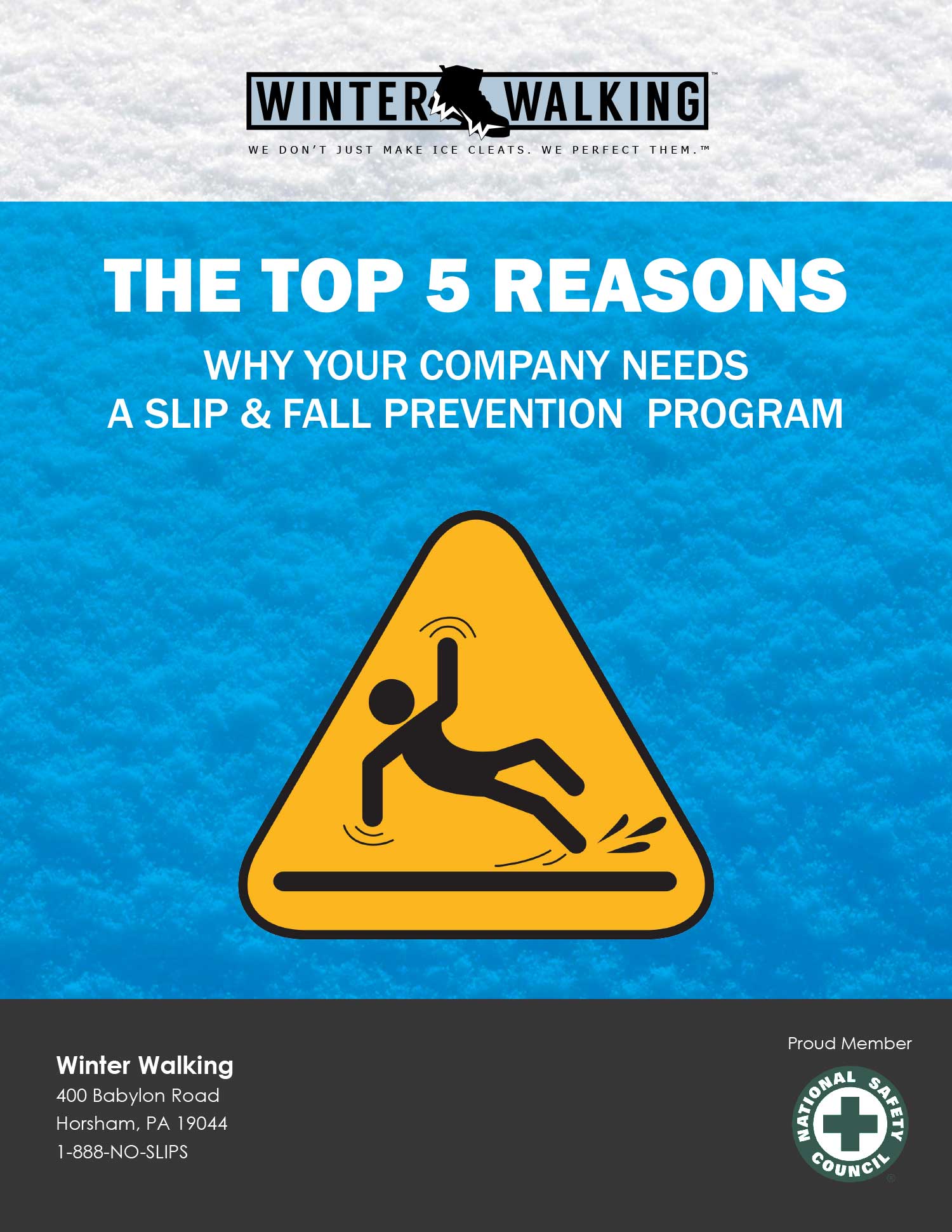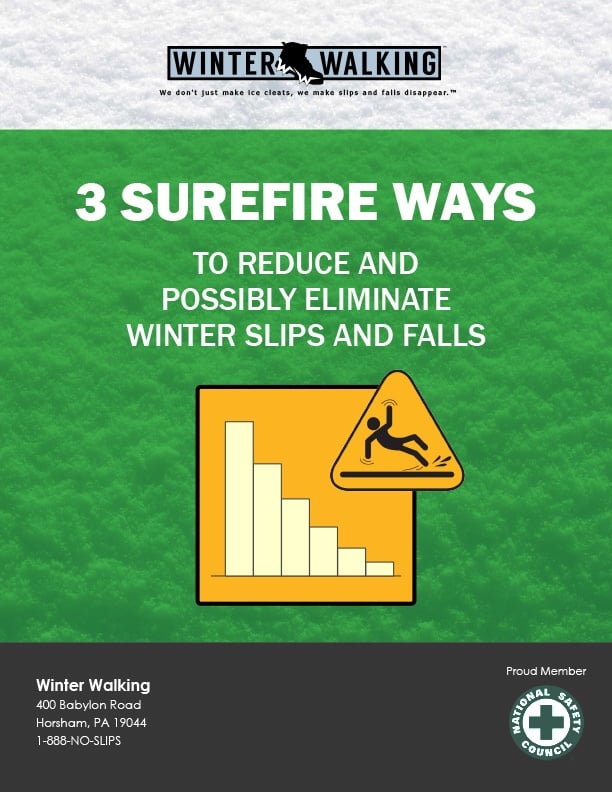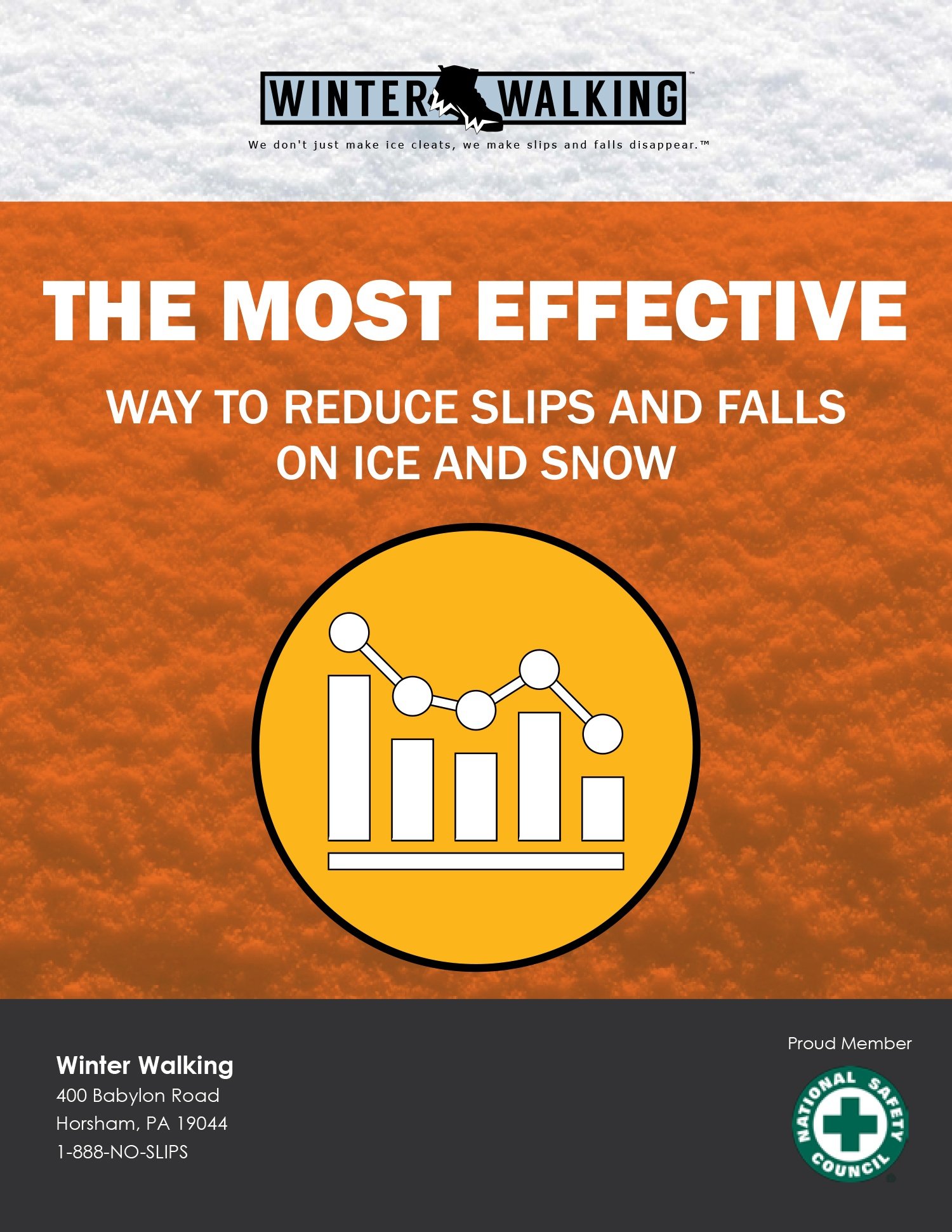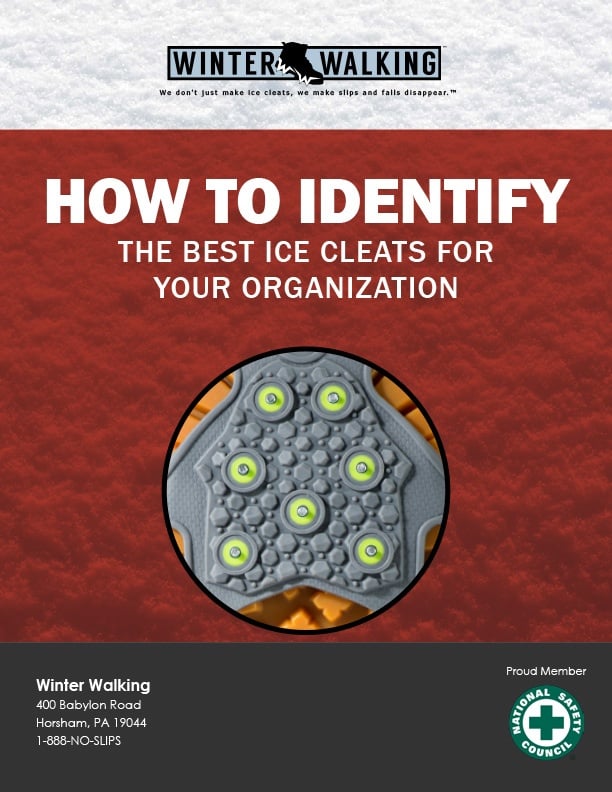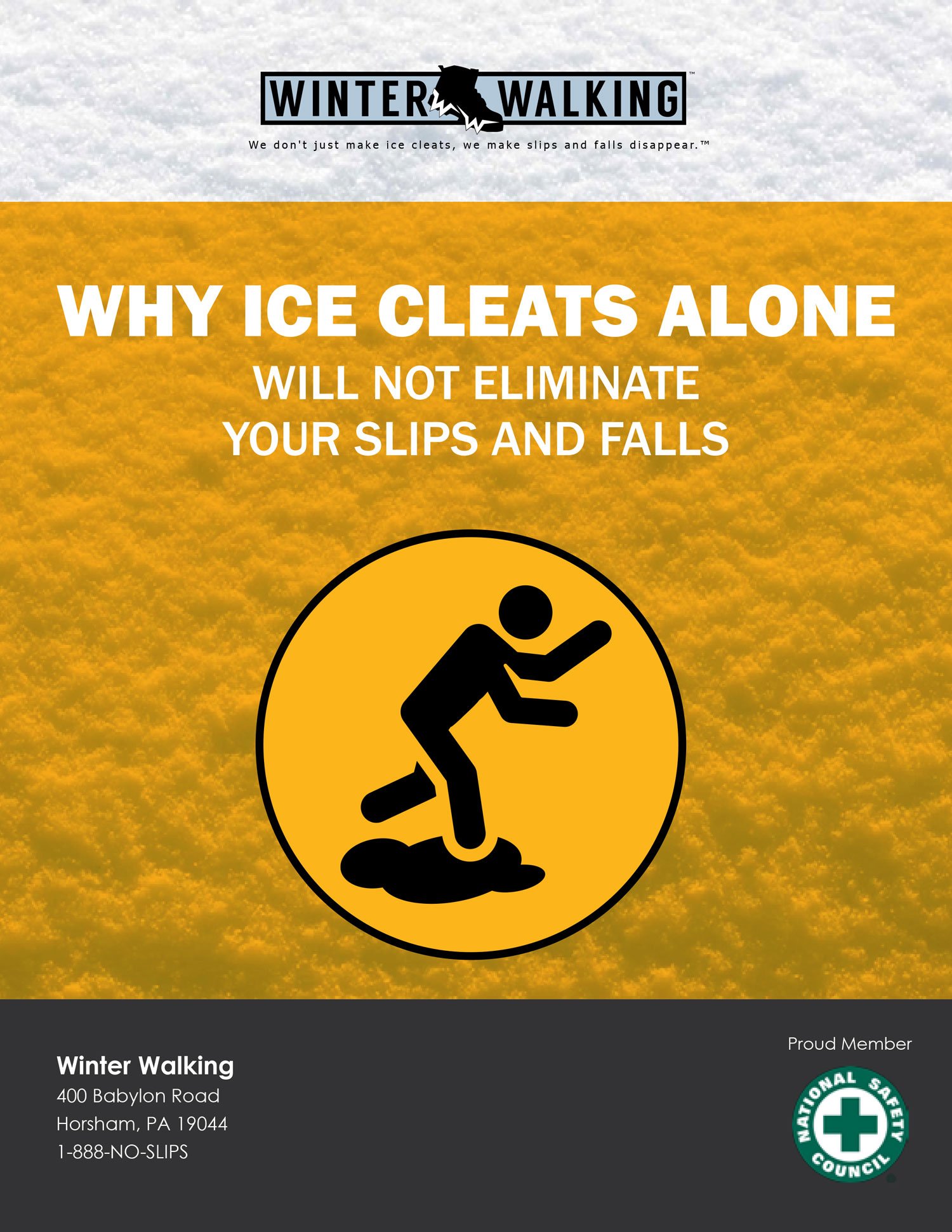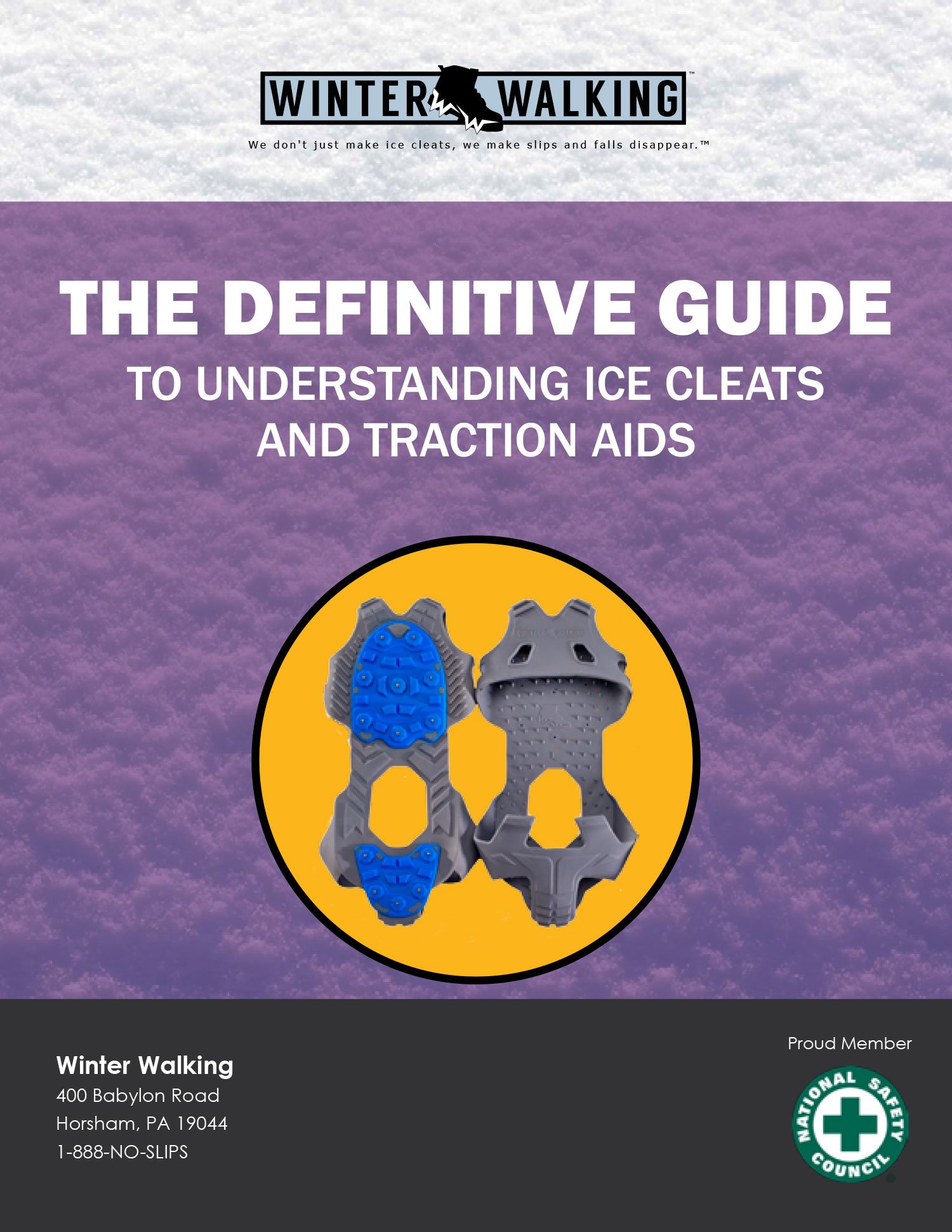When ice covers the ground, safety starts underfoot. For many, buying winter walking spikes online seems like a simple task. Yet most products that appear in online search results are designed for casual or recreational use, not for the real-world conditions industrial teams face every winter. At Winter Walking, we have spent more than 40 years designing and manufacturing traction systems that keep workers safe in the world’s toughest environments. Our award-winning ice cleats are trusted across industries because they are engineered, tested, and proven for performance, not just marketed for i[…]
Continue Reading
This winter weather forecast for November 10, 2025, presented by meteorologist Henry Margusity, details several active snow-producing systems across the eastern United States and Canada. The primary focus is on significant lake-effect snow developing around the Great Lakes, fueled by cold air moving over the warm lake waters. This setup is expected to create heavy snow bands, with a specific warning for the Buffalo, New York area, which could see heavy accumulation from Tuesday night into Wednesday. Meanwhile, an upper-level system in the Ohio Valley is generating snow showers that could track[…]
Continue Reading
Every winter, icy surfaces turn even routine walking into a serious hazard. In industrial settings, those risks multiply. Icy docks, steel steps, and frozen yards can lead to slips, injuries, and costly downtime. The right ice gripper, also known as an ice cleat or traction aid, is more than a convenience. It is a vital piece of personal protective equipment. At Winter Walking, we have spent more than 40 years engineering ice traction solutions that perform where others fail. Through years of field testing, feedback, and material science innovation, we have learned what truly makes an ice grip[…]
Continue Reading
Winter slips and falls are costly, painful, and preventable. The best traction devices for snow and ice do more than stop accidents. They keep teams productive and confident through the toughest winter weather. At Winter Walking, traction safety is our only focus. Our specialized ice cleats, overshoes, and heel-only devices are trusted by industries that cannot afford downtime when the ground freezes.
Continue Reading
Winter is just around the corner, and with it comes a whole host of hazards that can pose a threat to the safety of your employees. As a responsible employer, it is crucial to start planning now to ensure the well-being of your staff and maintain a strong safety record for your company. One important aspect to consider when preparing for winter is providing your employees with the necessary equipment to prevent slips and falls on ice and snow. Industrial ice cleats and other winter traction aids can be incredibly effective in reducing the risk of accidents. However, before making a purchase, i[…]
Continue Reading
When the temperature drops and every step outdoors feels like a balancing act, most people reach for gaiters to keep snow out of their boots or ice cleats to get better grip. But what if you could get the best of both worlds in one product? That’s exactly what overshoes do. Overshoes are gaiters and ice cleats combined, they keep snow out, seal in warmth, and give you the traction that prevents slips and falls on icy surfaces. For anyone working outdoors in winter, it’s the all-in-one solution that makes gaiters and separate cleats a thing of the past.
Continue Reading

